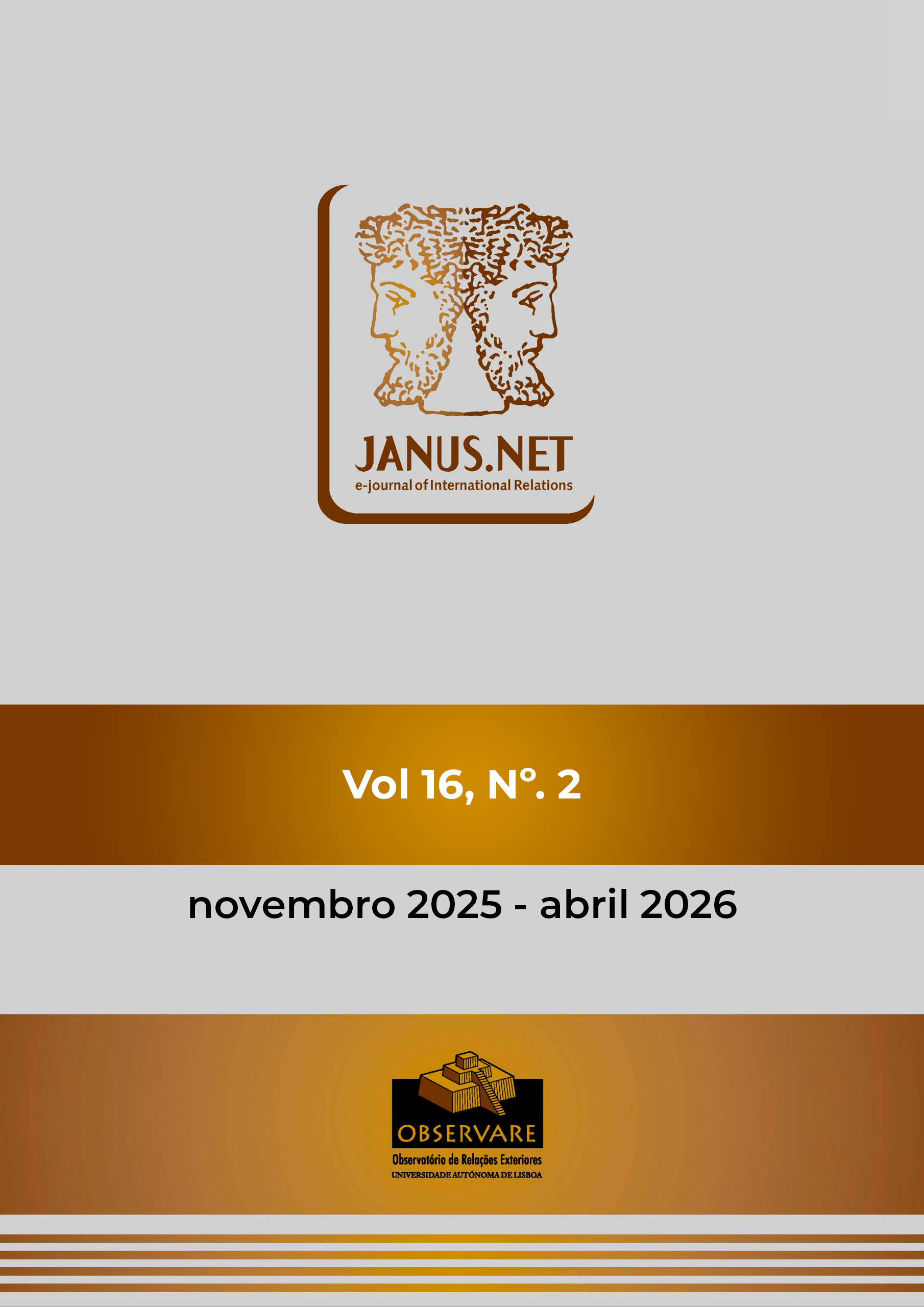TAIWAN AND INTERNATIONAL ORGANIZATIONS IN US-CHINA COMPETITION
DOI:
https://doi.org/10.26619/1647-7251.16.2.5Keywords:
China, Taiwan, the United States, the United Nations, meaningful participation, international organizationsAbstract
Taiwan (the Republic of China, ROC) has become a focal point of international security in the ongoing US–China competition. China (the People’s Republic of China, PRC) has increasingly sought to isolate the Taipei administration from the global community by restricting its access to international organizations and reducing the number of its diplomatic allies. This article explores the effectiveness of the United States in counterbalancing China’s coercive actions against Taiwan in international organizations. It further examines the historical evolution and future prospects of Taiwan’s international presence—particularly the role of diplomatic language and interpretive maneuvering surrounding UN General Assembly Resolution 2758, as well as Beijing’s promotion of its “One China Principle” in contrast to the more ambiguous “One China Policy” adopted by many countries. Drawing on a close examination of historical and contemporary government documents from China, Taiwan, the United States, and the United Nations, this study investigates the international political and economic narratives advanced by these governments and UN bodies. Ultimately, it assesses the strategies of the United States and the ROC in seeking “meaningful participation” for Taiwan within the UN system and beyond.


